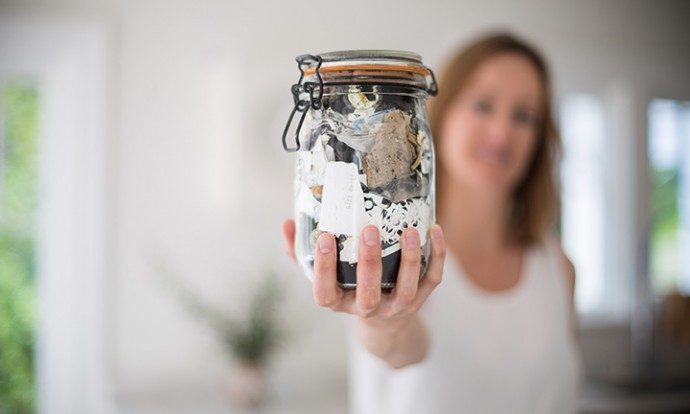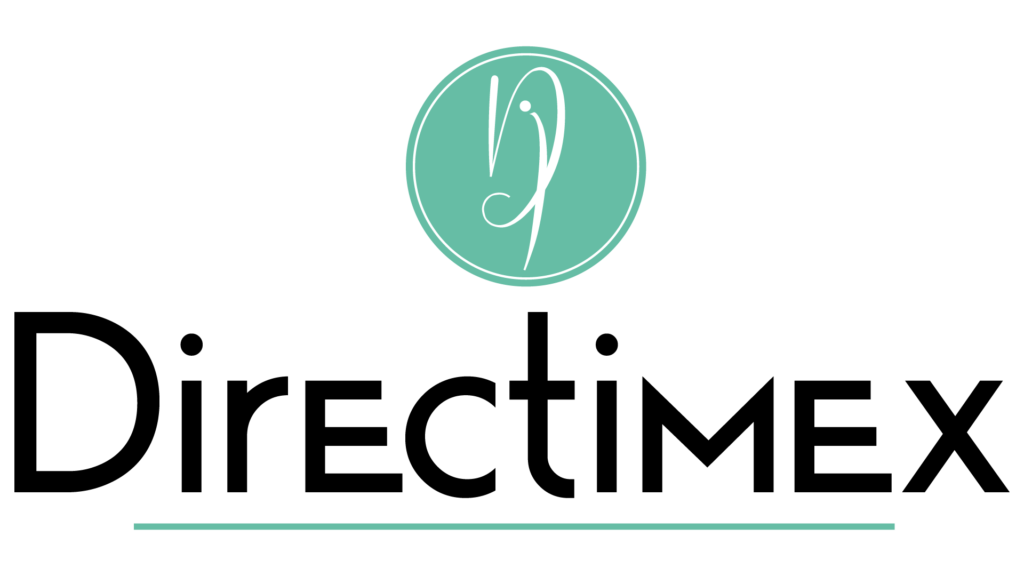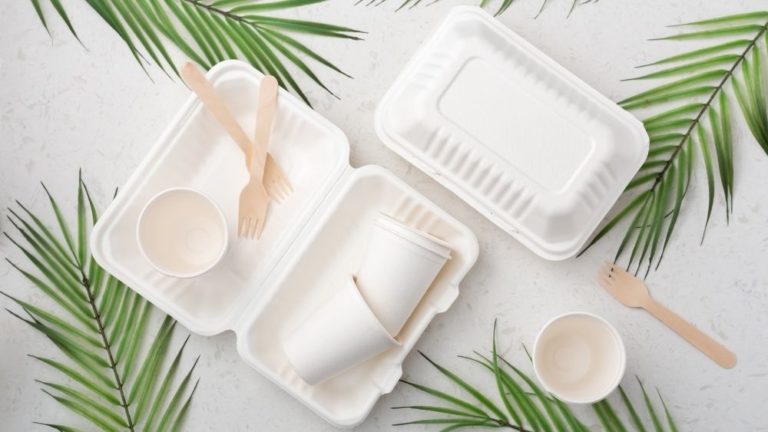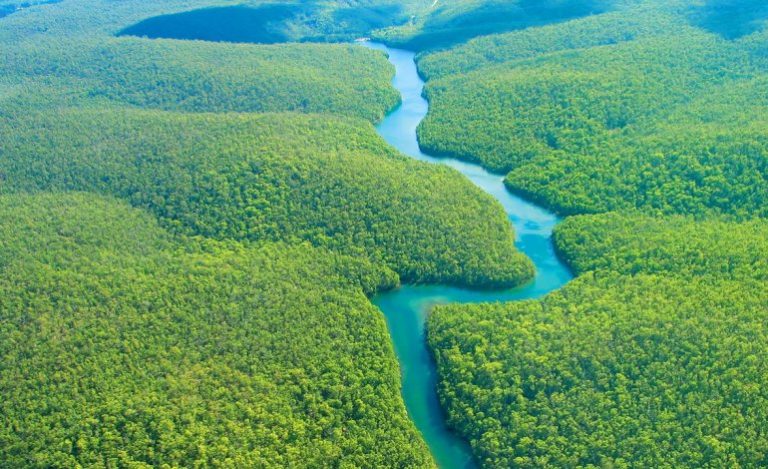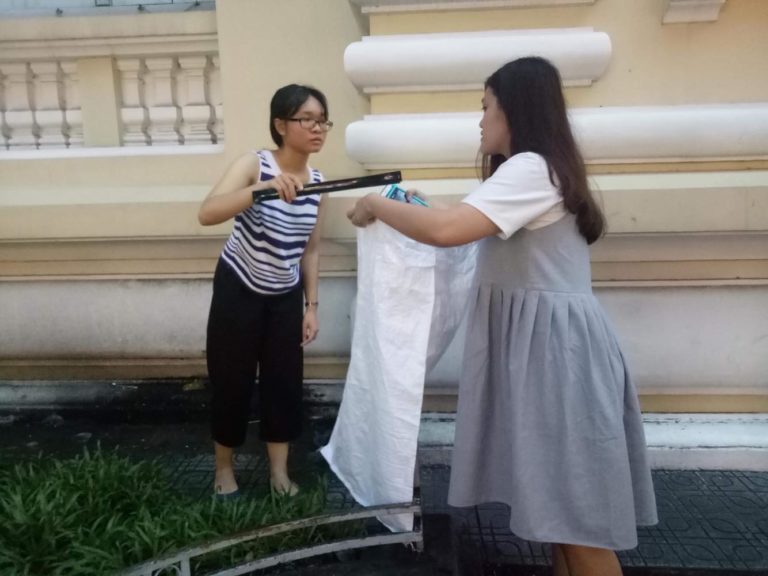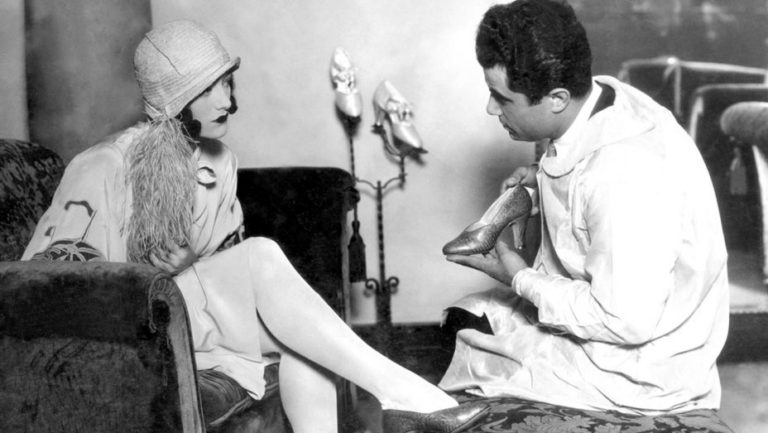Waste treatment
In our last article from November 13th, we dealt with industrial/citizen initiatives incorporating wastes in production processes. This time, we will discuss about hazardous waste, that we can’t use in production. In France in 2015, 6.8 million tons of hazardous wastes have been treated, a 4.5% increase compared to 2014. Between scandal and lobby, hazardous waste management is a complex question, creating conflicts with associations, companies and politicians. In fact, all the non-recyclable wastes are useless when they are consumed. What are the solution to transform and make it useful ?
Firstly, there is a difference between non-recyclable hazardous waste, and non-recyclable waste (like domestics’ ones). In France, local public authorities organize waste management. Indeed, depending on your localization, your sorting instructions are different: different frequencies of rubbish collection, different access to bin sorting, even different access to information if you live in a rural or urban area. However, household wastes have the same destination: incineration. For example, the factory of Rennes (France) burns 144 000 tons of waste every year, producing urban heating (20 000 households) and electricity production (7 000 households). Good initiative, isn’t it? Not really when one knows the negative impacts of the incineration on the health of neighbors and on environment . In fact, a study directed by Dr. Martin WISSING, shows that dioxins rejected by the incineration can cause liver cancer, reproductive disorders or psychomotor problems. The impact is very negative on the environment too because of the gases released in the air.
Another complex question: how can we deal with hazardous wastes? After Chernobyl and Fukushima disasters, an increasing number of associations campaign for closing nuclear power stations. German politicians already engaged the end of nuclear, whereas French politics want to find efficient alternatives before closing the plants. Nicolas Hulot, French ecological transition minister, said that burying nuclear wastes is the “less worst” solution. His goal for the transition is to lower the nuclear dependence in electricity production at 50%. Currently, France has 58 nuclear reactors, producing 75% of the French electricity. In fact, it is difficult to phase out nuclear because it is the cheapest way to produce electricity. The classification of this wastes is defined by their percentage of radioactivity (from low to very high). 90% of radioactive wastes have a radioactivity rate lower than 0,2%. The real question remains: what can we do with highly radioactive wastes, only representing 0,2% in volume? Unfortunately, nobody knows… but researchers keep trying to find solutions.
Nowadays, radioactive wastes have two possible futures: stock or recycling. In the north of France, La Hague factory recycle 96% of their radioactive wastes (thanks to their cooling pond) then use it to produce new fuel. In France, storage is made in cooling pool; in the US, it is made with reinforced container close to nuclear power station; whereas Germans stock it in mountain or in reinforced building. After Fukushima accident, Germany made a political decision to phase out nuclear before 2022. At least, governments choose to stock nuclear wastes in stable geological area, to avoid disasters. Researchers are talking about long term solutions coming before 2050. Concerning household wastes, there are innovations too: a French startup called Waga Energie produces its own energy using household wastes. So they created a local clean gas! According to the founder “This technology is in line with the core of energy transition objectives: waste development, circular economy, renewable energies… it’s concrete and it creates sustainable jobs.”
Politicians or citizens awareness is growing step by step. Solutions keep appearing… but every person has to contribute too. Like Frach family who succeeded to reduce their non recyclable wastes: just one jar in one year! Being an actor is possible for every citizen, it is only personal involvement. Following the exemple of Plastic Odyssey, collecting oceans wastes, and transforming it into petrol for the boat itself, every individual, at his scale can contribute to the improvement of waste sorting.
References:
https://actualites.reponse-conso.fr/plastic-odyssey-navire-carbure-plastique-non-recyclable/
https://www.uve-rennesmetropole.fr/presentation/l-uve-qu-est-ce-que-c-est.html
https://www.actu-environnement.com/ae/dossiers/dechets/organisation_dechets.php4
https://junior.senat.fr/les-dossiers/que-faire-de-nos-dechets-nucleaires.html
